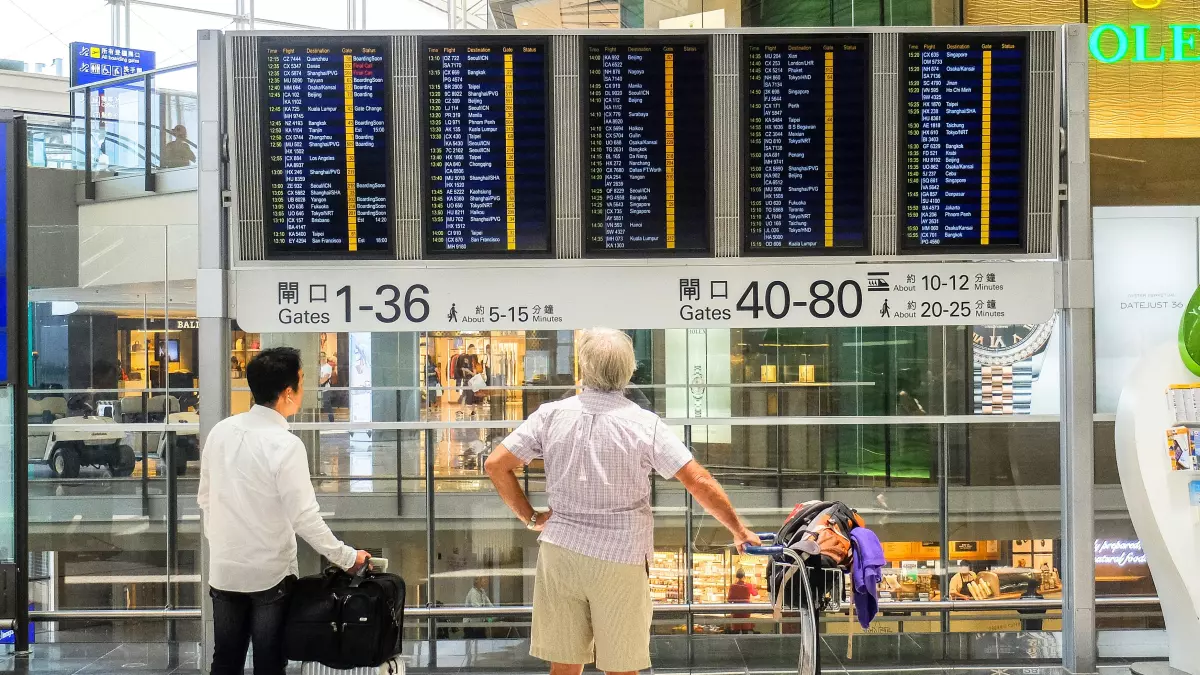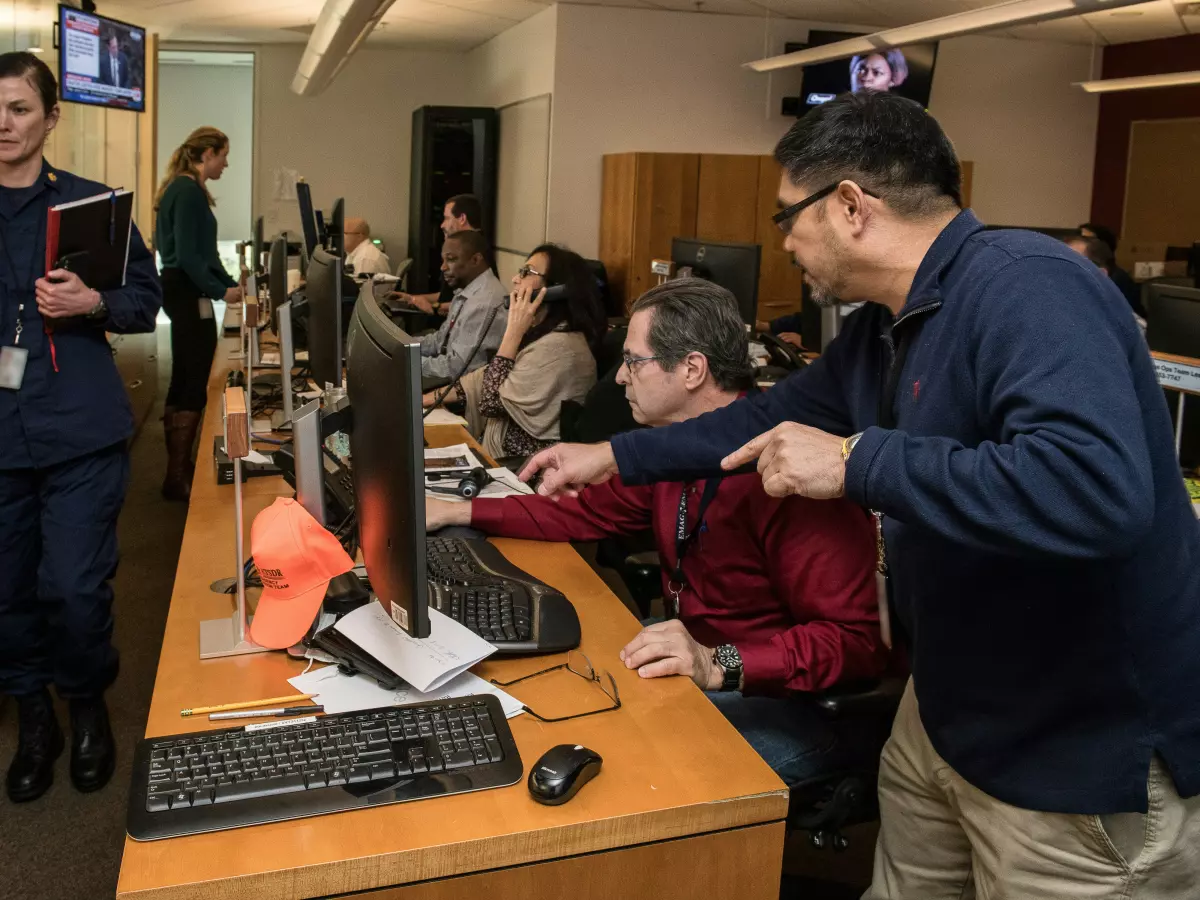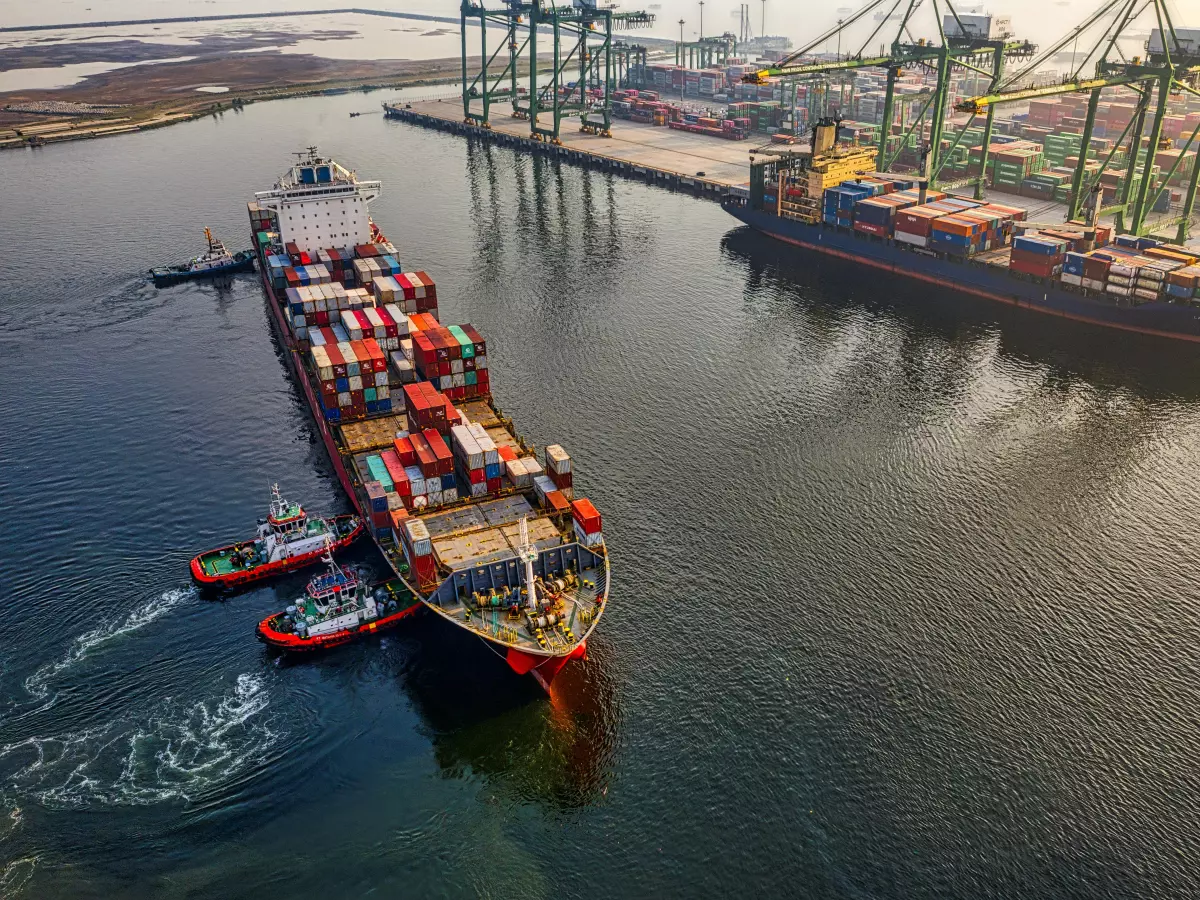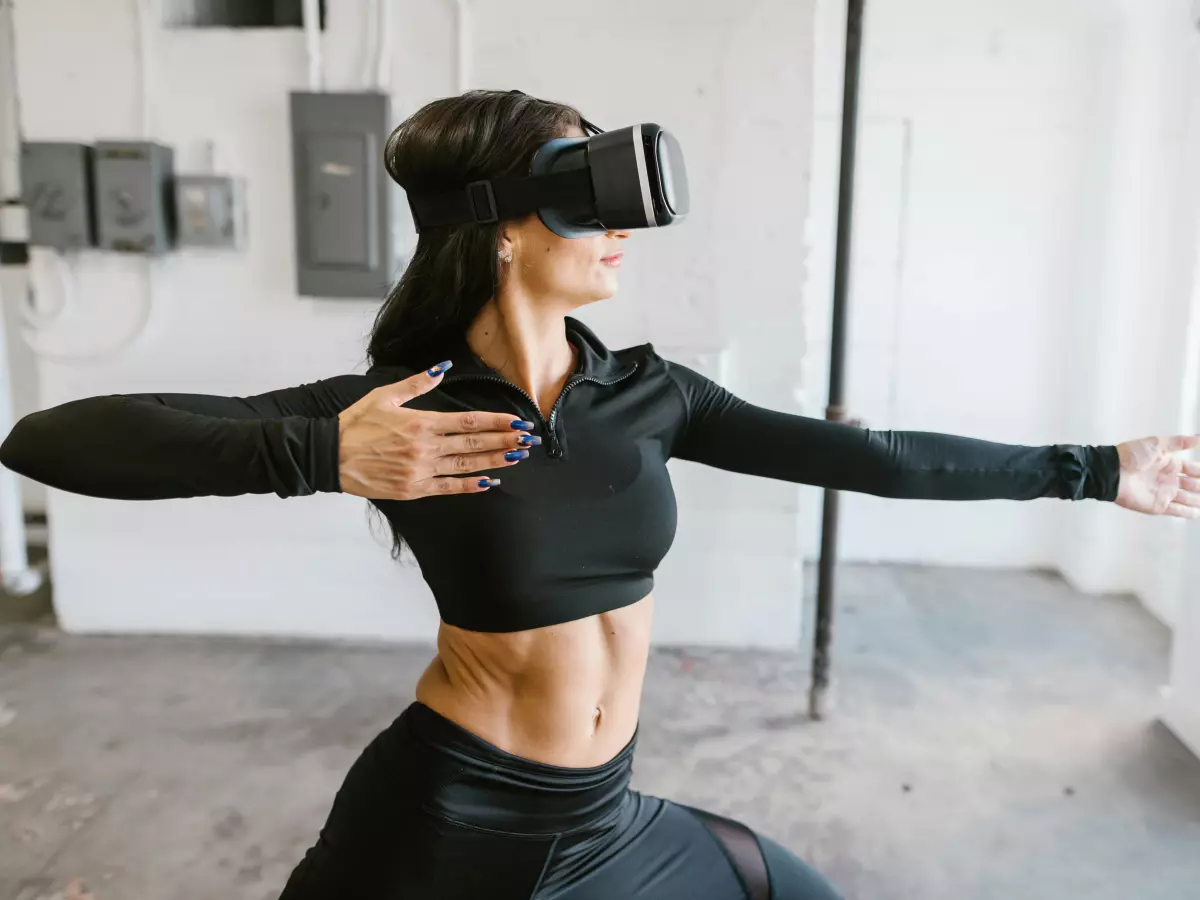AI Takes Flight
Ever wondered how AI is changing the way you travel? From booking to boarding, AI is quietly revolutionizing the travel industry in ways you might not expect.

By Isabella Ferraro
Picture this: You’re at the airport, and your flight is delayed. Instead of waiting in frustration, you receive a notification on your phone. It’s not just a generic message—it’s an AI-powered assistant offering you real-time updates, alternative flights, and even a voucher for a nearby lounge. Sounds like a dream, right? Well, that’s the reality AI is bringing to the travel industry.
AI is not just a buzzword anymore. It’s becoming an integral part of how we experience travel, from the moment we start planning a trip to the second we land at our destination. Let’s dive into five key ways AI is transforming the travel industry and making our journeys smoother, safer, and more personalized.
1. Personalized Travel Itineraries
Gone are the days of one-size-fits-all travel packages. AI is enabling hyper-personalized travel experiences by analyzing your preferences, past trips, and even social media activity. Platforms like Google Travel and TripIt are using AI to suggest destinations, activities, and accommodations tailored just for you. Whether you’re a beach lover or a mountain hiker, AI can craft an itinerary that feels like it was made by someone who knows you inside out.
And it doesn’t stop there. AI can also adjust your itinerary in real-time based on weather conditions, flight delays, or even your mood. Feeling adventurous? Your AI assistant might suggest a last-minute skydiving experience. More in the mood for relaxation? How about a spa day? The possibilities are endless, and they’re all powered by AI.
2. AI-Powered Customer Service
We’ve all been there—stuck on hold with customer service, waiting for what feels like an eternity. AI is putting an end to that. Chatbots and virtual assistants are now handling a significant portion of customer service inquiries in the travel industry. Companies like Expedia and Booking.com are using AI to answer questions, process bookings, and even resolve complaints—all in real-time.
These AI-powered systems are not only faster but also smarter. They can understand natural language, meaning you don’t have to speak in “robotic” terms to get the help you need. Whether you’re asking about baggage policies or looking for a hotel upgrade, AI is making customer service more efficient and less frustrating.
3. Predictive Maintenance for Aircraft
Safety is a top priority in the travel industry, and AI is playing a crucial role in keeping us safe in the skies. Airlines are now using AI to predict when aircraft parts will need maintenance, reducing the risk of mechanical failures and delays. By analyzing data from thousands of sensors on an aircraft, AI can identify patterns that indicate wear and tear long before a human technician could.
This predictive maintenance not only improves safety but also saves airlines millions of dollars in repair costs and downtime. It’s a win-win for both travelers and airlines, ensuring that flights are not only safer but also more likely to run on time.
4. Dynamic Pricing and Revenue Management
If you’ve ever wondered why flight prices seem to change every time you check, you can thank AI for that. Airlines and hotels are using AI algorithms to optimize pricing in real-time based on demand, competition, and even your browsing history. This is called dynamic pricing, and while it might seem frustrating as a consumer, it’s actually helping the travel industry maximize revenue while offering competitive prices.
AI doesn’t just look at the number of seats or rooms available. It also factors in things like weather forecasts, local events, and even economic conditions to determine the best price at any given moment. So, the next time you see a price jump after searching for a flight, just remember: AI is behind the scenes, crunching the numbers.
5. Enhancing Security and Border Control
Security is another area where AI is making a significant impact. Airports around the world are now using AI-powered facial recognition systems to streamline the boarding process and enhance security. These systems can quickly verify your identity, reducing the need for manual passport checks and speeding up the entire process.
But it’s not just about convenience. AI is also being used to detect suspicious behavior and identify potential security threats. By analyzing data from surveillance cameras, AI can flag unusual activities in real-time, allowing security personnel to respond more quickly and effectively.
In some airports, AI is even being used to predict potential security risks based on passenger data, such as travel history and booking patterns. While this raises some privacy concerns, there’s no denying that AI is making air travel safer and more efficient.
Final Thoughts
AI is no longer a futuristic concept—it’s here, and it’s transforming the travel industry in ways we couldn’t have imagined just a few years ago. From personalized itineraries to predictive maintenance, AI is making travel safer, more efficient, and, most importantly, more enjoyable.
So, the next time you book a flight or check into a hotel, take a moment to appreciate the AI working behind the scenes to make your journey as smooth as possible. Who knows? Your next travel assistant might not be human at all.





